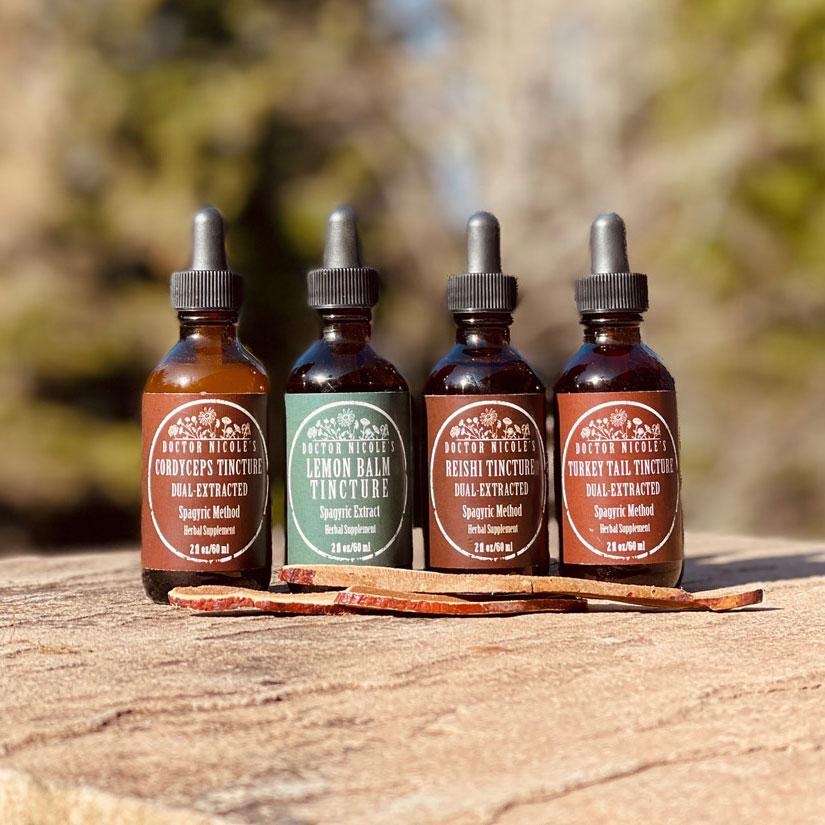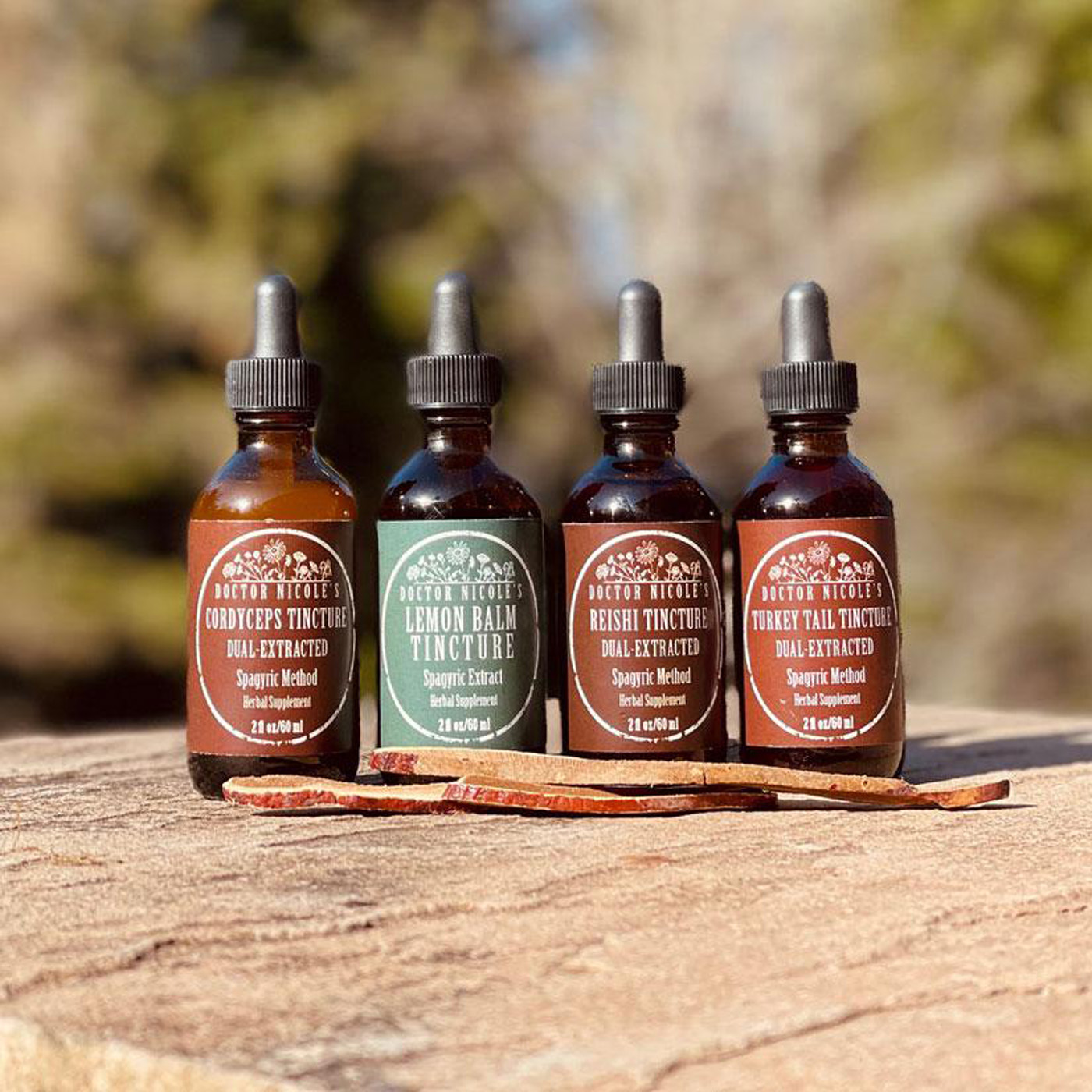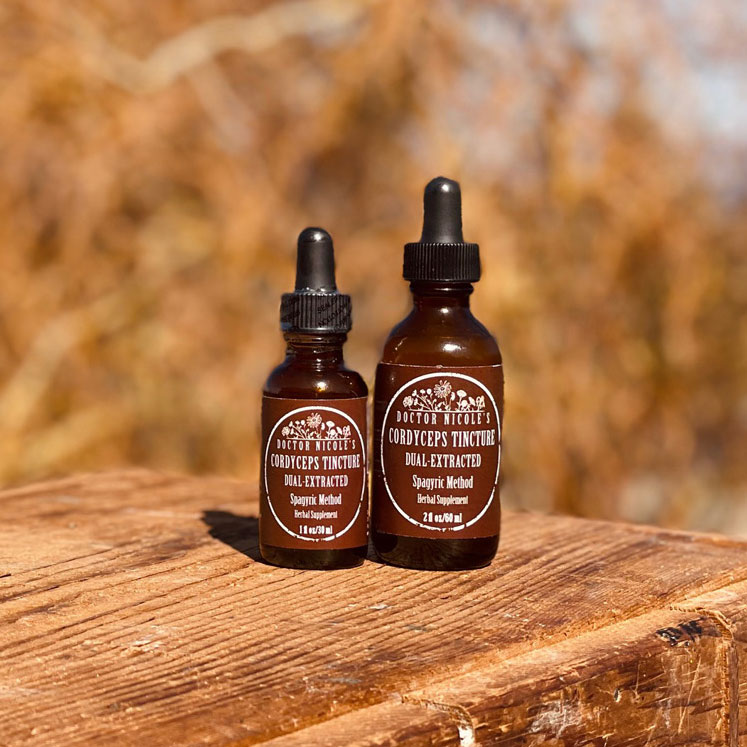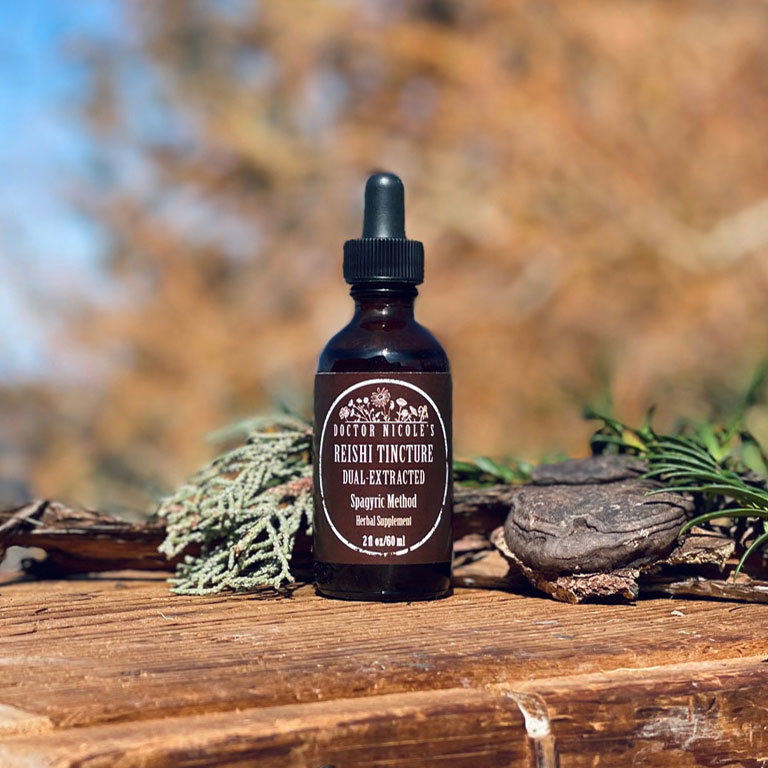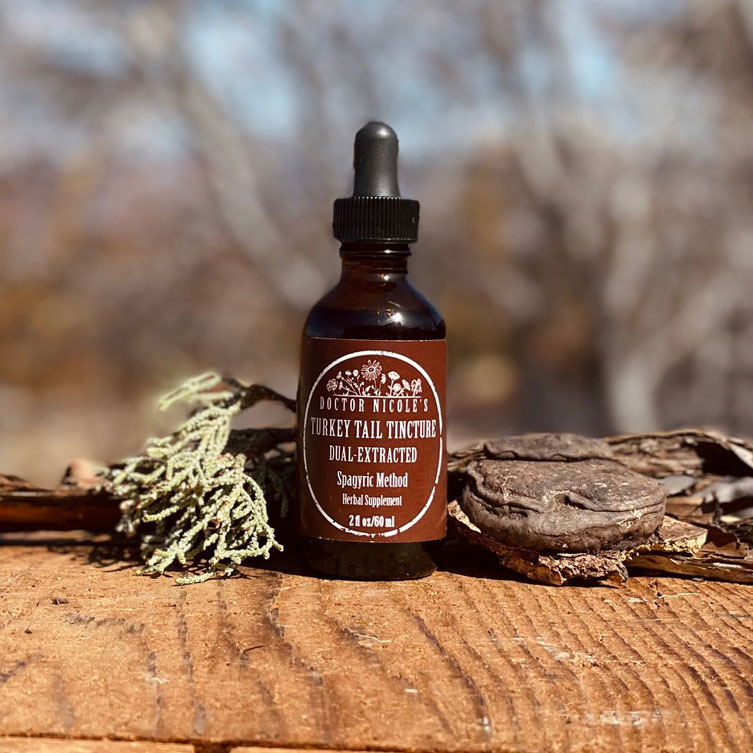Why Choosing the Correct Oil is Important
With so many different types of oils to choose from, it can be difficult to know which one is best and how to use it properly. If you are struggling with autoimmunity or another health challenge, it is particularly important to choose the correct oil so as not to aggravate your condition. There are other considerations too — such as which fats are better for cooking and baking compared to those that shine for drizzling over food or making salad dressings. Let’s clarify by exploring the variety of fats available, the best way to use them, and those we should embrace in comparison to those we should avoid altogether.
The Difference Between Unsaturated, Saturated, and Trans Fats
All fats are composed of three elements: carbon, hydrogen, and oxygen molecules. How these are bonded determine the composition of each fat.
Unsaturated fats have one or more double bonds between carbon molecules, while saturated fats are heavy with hydrogen molecules and have only a single bond between carbon molecules. Because of this, saturated fats are solid at room temperature, whereas unsaturated fats tend to be liquid. Types of unsaturated fats include monounsaturated (one double bond) and polyunsaturated (two double bonds).
Examples of healthy unsaturated fats include olive, hazelnut, avocado, walnut, hemp, and flax oils. Highly processed vegetable oils such as canola, sunflower, soy, corn, peanut, sesame, rice bran, and safflower that are chemically extracted and altered using high heat should be avoided. Many of these vegetable oils contain high levels of omega-6 fatty acids, which have been shown to contribute to obesity, heart disease, inflammation, and arthritis.3 As I wrote in “Elevate Your Meals With These Healthy Condiments — Wild Food Recipe Included!“:
“Often, low-quality oils such as canola, cottonseed, corn, soy, and grapeseed are used for producing condiments. The concern is that a majority of these non-organic crops in the USA are genetically modified and have also been heavily sprayed with pesticides — which end up in the oil. Moreover, the oils are highly refined and subjected to high heat that creates rancidity. This oxidation is problematic for health because it leads to damaging free radicals in the body that are associated with higher rates of disease, such as cancer, diabetes, cardiovascular and neurodegenerative disorders, chronic inflammation, rheumatoid arthritis, and more. To address the issue of foul-smelling rancid oils, they are then deodorized, which changes the omega-6 fatty acids into trans fats”
Saturated fats are found in milk, cheese, butter, meat (beef, pork, lamb, poultry), coconut and palm oil, and rendered fat from pork, chicken, and duck.
For many years it was believed that all saturated fats contribute to heart disease, obesity, and diabetes. However, even with the restriction of saturated fat, disease rates have continued to rise. Researchers now think diets rich in simple carbs and processed foods are the culprit.2 Interestingly, many processed foods use poor-quality oils and contain trans fats. More on this later.
While there remains conflicting information about whether saturated fat is healthy or not, keep in mind that saturated fat found in fast food, processed meats, fried products, and baked goods high in sugar will impact health much differently than grass-fed meat, coconut, full fat dairy, and rendered animal fats such as pork, beef, chicken, and duck fat.
What About Trans Fats?
Commercial vegetable oils often contain trans fats, which are created when they are hydrogenated to be solid at room temperature — margarine is a good example of this. However, research has shown that even non-hydrogenated, low-quality vegetable oils often contain trans fats.4
Research using animal models has found that the consumption of trans fat increases the risk of diabetes, cardiovascular disease, and obesity. Over the course of six years, male monkeys who received a typical western diet that contained trans fat experienced a 7.2 percent increase in body weight, compared to a 1.8 increase in monkeys who ate monounsaturated fats such as olive oil. The extra weight of the animals on the trans fat diet created a dramatic increase in abdominal fat deposits by an astounding 30% — even though the caloric intake was the same for both groups.
“Diets rich in trans fat cause a redistribution of fat tissue into the abdomen and lead to a higher body weight even when the total dietary calories are controlled,” said Lawrence L. Rudel, Ph.D., professor of pathology and biochemistry and head of the Lipid Sciences Research Program.1
The researchers point out that excess weight is linked to increased diabetes risk. “In the world of diabetes, everybody knows that just 5 percent weight loss makes an enormous difference,” Kavanagh said. “This little difference was biologically quite significant.”
Moreover, the FDA states that the consumption of trans fat raises low-density lipoprotein (LDL), otherwise known as “bad” cholesterol, which can lead to coronary artery disease.

How Should Each Oil Be Used?
Now that we have established the different types of oil and how some can be problematic, let’s take a look at the best fats for cooking, grilling, roasting, and baking, plus cold applications including salad dressings and smoothies. For oils that will be cooked, the number one concern is how stable it is when heated. In other words, what is the smoke point? Oils are rated according to the highest temperature they can handle before they begin to smoke. This is important to know because when oils reach their smoke point, they begin to breakdown, oxidize, and produce free radicals that cause cellular damage and encourage the development of disease.5
For high heat cooking such as grilling, roasting, and frying, I recommend avocado oil, which has a smoke point threshold of 520ºF (271ºC). It is also outstanding for baking, sautéing, and drizzling over food or using as a base for salad dressings. It has a neutral taste and a nutritional profile comparable to olive oil with generous levels of oleic acid, which is known to be heart-healthy.6 Studies have shown that it is also helpful for managing the pain of osteoarthritis and protecting against free radical damage.7
Rendered saturated fat from pork (400°F/250°C), chicken (375°F/190°C), beef (400°F/250°C), and duck (375°F/190°C) also have a relatively high smoke point, as does clarified butter (450°F/230°C). According to the Weston A. Price Foundation, saturated fat has a place in healthy diets as it is often antimicrobial, enhances the immune system, promotes the health of cell membranes and the integrity of the intestinal wall, and can contain important nutrients such as vitamin D.15
Next is olive oil. With a smoke point around 350ºF (176°C), this is an oil you should use for moderate to low temperature cooking such as baking, sautéing, and the like. Similar to avocado oil, it is also excellent for drizzling over food or using for salad dressings. It has a slight peppery flavor that depends on the brand and type of olive used. It’s important to source high-quality, extra-virgin oil that is made from 100 percent olives because it has come to light that certain brands dilute their olive oil with lower-quality seed oils like sunflower. Olive oil grown and produced in California tends to be the safest due to stringent quality control regulations.
Olive oil is one of the healthiest oils you can use. It is rich in vitamin E and high in the antioxidants oleocanthal and oleuropein, which have anti-inflammatory properties that help to prevent the oxidation of LDL cholesterol, thereby helping to protect cardiovascular health.8 Compounds within the oil have also been shown to lower the risk of obesity, type 2 diabetes, and metabolic syndrome.9
Another option to consider is coconut oil, which also has a smoke point of 350ºF (176°C). It is considered a saturated fat. However, research over the past five years or so has found it to possess several health benefits, including helping to boost body fat burning and metabolic rate, reducing the risk of heart disease, and lowering inflammation.11,12,13,14 Coconut oil, due to its high medium-chain triglycerides (MCTs) content, is also helpful for achieving ketosis for those on a ketogenic diet. Moreover, it contains lauric acid, which is antifungal and antibacterial. It is a terrific cooking oil, but doesn’t do well in cold applications such as salad dressings or smoothies.
Some cold-pressed oils are delicate to the point they need to be refrigerated in order to keep them from becoming rancid. These include flax, pumpkin seed, and hemp oils. Never use these oils for cooking, only for cold preparations such as drizzling over food, smoothies, or for salad dressings. Each of these oils is exceedingly healthy and contain a range of nutrients that support hormonal regulation, positive mood, and reduced inflammation.
I don’t recommend using palm oil as it is associated with the loss of biodiversity and rainforest destruction.10 Coconut oil is a good alternative.
Concerned About Inflammation, Diabetes, or Heart Health? Medicinal Herbs Can Help!
If you are struggling with inflammation, poor sugar control or your heart health isn’t ideal, have a look at my Heart, Blood Pressure & Blood Sugar Support Bundle. It contains powerful extracts of Cordyceps, Reishi, and Turkey Tail medicinal mushrooms that regulate blood glucose levels, improve brain function, fortify heart health, and decrease inflammation. Additionally, this bundle also contains lemon balm for anxiety relief, lowering blood pressure, and improving blood sugar control.
Visit the apothecary today and experience the power of herbal medicine for yourself!
Nicole Apelian
Nicole’s Apothecary Products in this Post
References
- Wake Forest University Baptist Medical Center. “Trans Fat Leads To Weight Gain Even On Same Total Calories, Animal Study Shows.” ScienceDaily. ScienceDaily, 19 June 2006. https://www.sciencedaily.com/releases/2006/06/060619133024.htm
- Gershuni V. M. (2018). Saturated Fat: Part of a Healthy Diet. Current nutrition reports, 7(3), 85–96. https://doi.org/10.1007/s13668-018-0238-x. https://pubmed.ncbi.nlm.nih.gov/30084105/
- Patterson, E., Wall, R., Fitzgerald, G. F., Ross, R. P., & Stanton, C. (2012). Health implications of high dietary omega-6 polyunsaturated Fatty acids. Journal of nutrition and metabolism, 2012, 539426. https://doi.org/10.1155/2012/539426. https://pubmed.ncbi.nlm.nih.gov/22570770/
- Levels of trans geometrical isomers of essential fatty acids in some unhydrogenated U. S. vegetable oils. J Food Lipid 1:165-176. May 2007Journal of Food Lipids 1(3):165 – 176. DOI:10.1111/j.1745-4522.1994.tb00244.x. https://www.researchgate.net/publication/229765166_Levels_of_trans_geometrical_isomers_of_essential_fatty_acids_in_some_unhydrogenated_U_S_vegetable_oils_J_Food_Lipid_1165-176
- Ng, C. Y., Leong, X. F., Masbah, N., Adam, S. K., Kamisah, Y., & Jaarin, K. (2014). Heated vegetable oils and cardiovascular disease risk factors. Vascular pharmacology, 61(1), 1–9. https://doi.org/10.1016/j.vph.2014.02.004. https://pubmed.ncbi.nlm.nih.gov/24632108/
- Terés, S., Barceló-Coblijn, G., Benet, M., Alvarez, R., Bressani, R., Halver, J. E., & Escribá, P. V. (2008). Oleic acid content is responsible for the reduction in blood pressure induced by olive oil. Proceedings of the National Academy of Sciences of the United States of America, 105(37), 13811–13816. https://doi.org/10.1073/pnas.0807500105. https://pubmed.ncbi.nlm.nih.gov/18772370/
- DiNubile N. A. (2010). A potential role for avocado- and soybean-based nutritional supplements in the management of osteoarthritis: a review. The Physician and sportsmedicine, 38(2), 71–81. https://doi.org/10.3810/psm.2010.06.1785. https://pubmed.ncbi.nlm.nih.gov/20631466/
- Beauchamp, G. K., Keast, R. S., Morel, D., Lin, J., Pika, J., Han, Q., Lee, C. H., Smith, A. B., & Breslin, P. A. (2005). Phytochemistry: ibuprofen-like activity in extra-virgin olive oil. Nature, 437(7055), 45–46. https://doi.org/10.1038/437045a. https://pubmed.ncbi.nlm.nih.gov/16136122/
- Yubero-Serrano, E. M., Lopez-Moreno, J., Gomez-Delgado, F., & Lopez-Miranda, J. (2019). Extra virgin olive oil: More than a healthy fat. European journal of clinical nutrition, 72(Suppl 1), 8–17. https://doi.org/10.1038/s41430-018-0304-x. https://pubmed.ncbi.nlm.nih.gov/30487558/
- Vijay, V., Pimm, S. L., Jenkins, C. N., & Smith, S. J. (2016). The Impacts of Oil Palm on Recent Deforestation and Biodiversity Loss. PloS one, 11(7), e0159668. https://doi.org/10.1371/journal.pone.0159668. https://pubmed.ncbi.nlm.nih.gov/27462984/
- Matthew D White, Andrea A Papamandjaris, Peter JH Jones, Enhanced postprandial energy expenditure with medium-chain fatty acid feeding is attenuated after 14 d in premenopausal women, The American Journal of Clinical Nutrition, Volume 69, Issue 5, May 1999, Pages 883–889, https://doi.org/10.1093/ajcn/69.5.883
- Papamandjaris, A., White, M., Raeini-Sarjaz, M. et al. Endogenous fat oxidation during medium chain versus long chain triglyceride feeding in healthy women. Int J Obes 24, 1158–1166 (2000). https://doi.org/10.1038/sj.ijo.0801350.
- Kai Ming Liau, Yeong Yeh Lee, Chee Keong Chen, Aida Hanum G. Rasool, “An Open-Label Pilot Study to Assess the Efficacy and Safety of Virgin Coconut Oil in Reducing Visceral Adiposity”, International Scholarly Research Notices, vol. 2011, Article ID 949686, 7 pages, 2011. https://doi.org/10.5402/2011/949686
- Hanne Müller, Anja S. Lindman, Anita Blomfeldt, Ingebjørg Seljeflot, Jan I. Pedersen, A Diet Rich in Coconut Oil Reduces Diurnal Postprandial Variations in Circulating Tissue Plasminogen Activator Antigen and Fasting Lipoprotein (a) Compared with a Diet Rich in Unsaturated Fat in Women, The Journal of Nutrition, Volume 133, Issue 11, November 2003, Pages 3422–3427, https://doi.org/10.1093/jn/133.11.3422
- “The Skinny on Fats” Sally Fallon and Mary G. Enig, Phd. January 1, 2000. https://www.westonaprice.org/health-topics/know-your-fats/the-skinny-on-fats/#48


